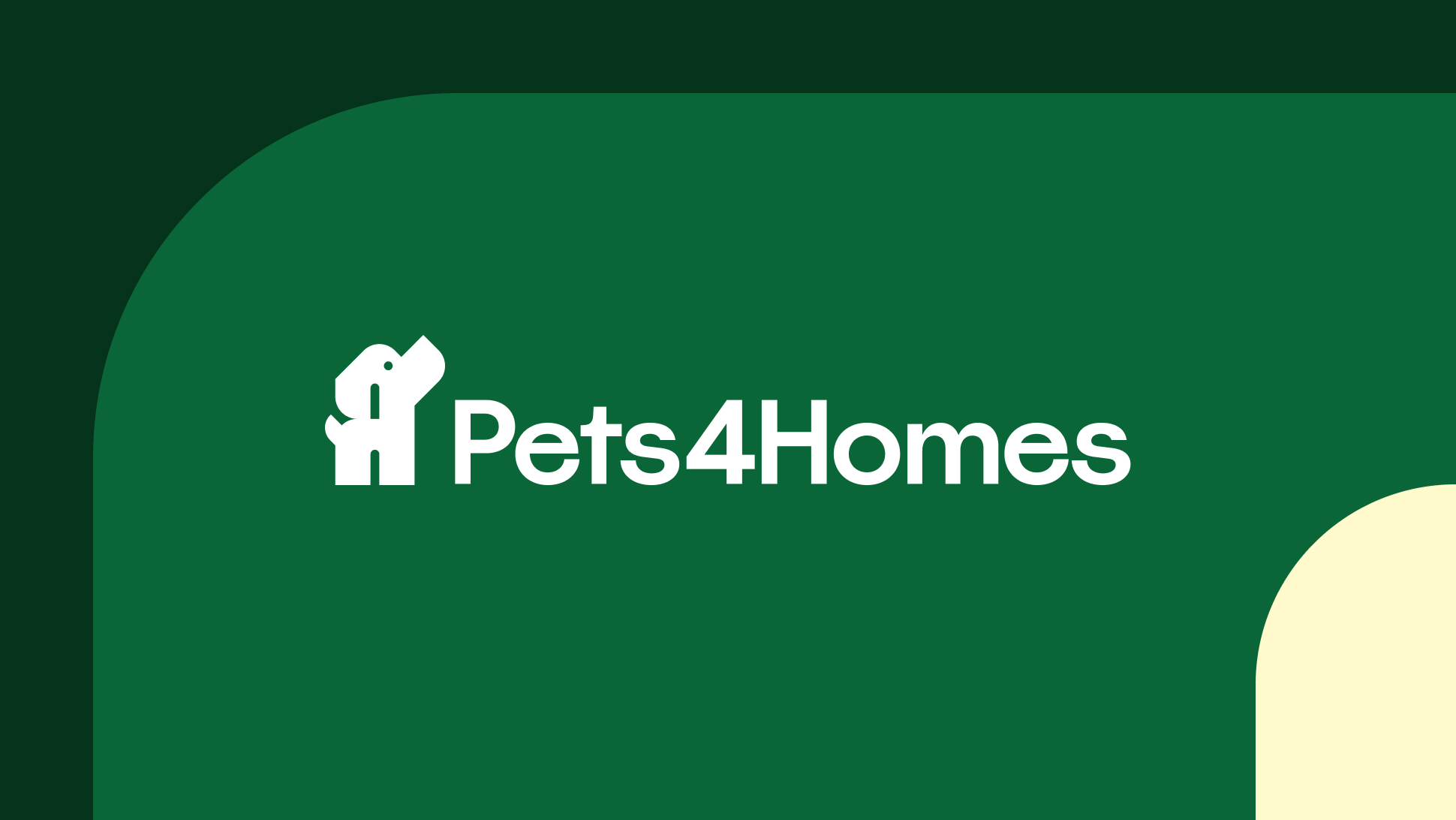
Most Expensive Cat Breeds in the UK: 2025 Price Guide
Purchasing pedigree cats in the UK can be a substantial investment, especially for those of top show quality, with exceptional ancestry, or intended as future breeding stock. While domestic moggies can often be adopted or bought for under £100, pedigree breeds sometimes command prices from several hundred to thousands of pounds.
The variations in price arise from factors such as demand exceeding supply, the complexity and cost of breeding, health considerations, and the rarity of the breed. This guide centres on the UK’s most expensive cat breeds in 2025, combining market data and expert insights to inform prospective owners about costs and breed traits.
How We Determined the UK’s Most Expensive Cat Breeds in 2025
We analysed anonymous data from UK pet adverts over the last year, focusing on cats of all recognised pedigree breeds. Only breeds with sufficient advert volume were included to ensure reliable average pricing. Costs are presented both for registered pedigree cats, primarily under the GCCF (Governing Council of the Cat Fancy) registry, and for unregistered or non-GCCF breeds registered with international bodies such as TICA.
This overview not only provides average asking prices but also includes breed-specific nuances and special care considerations, promoting responsible ownership.
5. The Toyger
The Toyger is a relatively new, rare breed developed in the USA during the 1980s by breeding Bengal cats to enhance feline striping, giving it a tiger-like appearance. It is now recognised by the GCCF in the UK. The Toyger is prized for its distinctive appearance and exotic charm, reflected in its pricing structure.
- Registered pedigree Toyger average price: £1,100 to £3,700
- Non-registered or unregistered Toyger average price: around £839
4. The Munchkin
The Munchkin cat is noted for its distinctive dwarfism, resulting in short legs. Due to health concerns associated with this genetic trait — including risks of osteoarthritis and mobility issues — the GCCF does not recognise the breed and discourages its breeding and ownership. Nonetheless, Munchkins are recognised by international registries like TICA.
- Registered pedigree Munchkin (non-GCCF) average price: around £1,013
- Unregistered Munchkin average price: around £738
Prospective owners should be aware of the breed’s health and welfare considerations, maintaining regular vet care and opting for ethically responsible breeders.
3. The Keetso
The Keetso is a recently developed polydactyl breed, meaning it often has six toes on each paw. It is bred to be large and strong but is not yet recognised by the GCCF due to its limited population and breed standard development. The Keetso commands a premium in the market, partly because of its rarity and unique traits.
- Registered (non-GCCF) pedigree Keetso average asking price: approximately £1,117
- Unregistered Keetso average price: around £928
Polydactyl cats like Keetsos require more frequent nail care and paw monitoring to prevent complications but otherwise enjoy similar care to other cats.
2. The Pixie Bob
Another polydactyl breed, the Pixie Bob resembles a miniature bobcat with tufted ears, a short tail, and a robust build. It is not recognised by the GCCF, and its breed population in the UK is small, leading to variable pricing.
- Registered (non-GCCF) pedigree Pixie Bob average price: around £1,205
- Unregistered Pixie Bob average price: around £439
The wide price gap reflects limited sale data and availability. Owners of Pixie Bobs should remain attentive to their unique care requirements associated with polydactyly and any breed-specific health issues.
1. The Savannah Cat
The Savannah cat stands as the UK’s most expensive breed in 2025. It is a wild hybrid, a cross between a domestic cat and an African Serval, and is not currently recognised by the GCCF. However, it is registered with TICA and internationally prized for its exotic appearance and wild ancestry.
- Registered Savanna cat (non-GCCF) average price: £1,380 (can be much higher, especially first-generation hybrids)
- Unregistered Savannah average price: approximately £982
Ownership often requires special considerations due to legal regulations around wild hybrid animals, including licensing and welfare standards. Savannah cats are a significant investment requiring commitment to their care and environment.
Why Are Some Cat Breeds More Expensive in the UK?
Several factors contribute to the higher cost of certain breeds:
- Rarity and Demand: Breeds with unique traits or limited availability, such as the Toyger or Savannah, command higher prices due to demand outpacing supply.
- Hybrid Lineage: Wild-domestic hybrids like Savannahs and Bengals involve complex, time-consuming breeding and legal compliance, raising costs.
- Health and Welfare Considerations: Some breeds require specialised care or have genetic health risks, impacting ethical breeding and pricing.
- Pedigree Registration: Cats registered with official bodies like the GCCF or TICA generally cost more, reflecting the rigorous standards breeders must meet.
Special Care Considerations for Polydactyl Cats: Pixie Bob and Keetso
Polydactyl cats have extra toes and nails that grow continuously. This requires owners to take extra care:
- Regular nail trims every 2–3 weeks to avoid painful ingrown nails or snagging.
- Weekly paw inspection to check for swelling, redness, or infections.
- Maintaining paw pad health with pet-safe moisturisers if dryness occurs.
- Monitoring for rare complications like arthritis in extra digits.
Owners of Pixie Bobs and Keetsos should maintain regular veterinary care and choose responsible breeders who manage genetic health concerns diligently.
Conclusion
Owning a pedigree cat from the UK’s most expensive breeds is a rewarding but significant commitment. Prices vary widely depending on breed rarity, pedigree status, health traits, and legal considerations. Prospective owners should conduct thorough research, consider ongoing care costs, and seek reputable breeders dedicated to ethical practices.
If you’re considering a purchase, remember that adopting or choosing domestic moggies can also bring joy without the high costs. Responsible pet ownership always involves preparing for the lifetime care needs of your feline companion.



